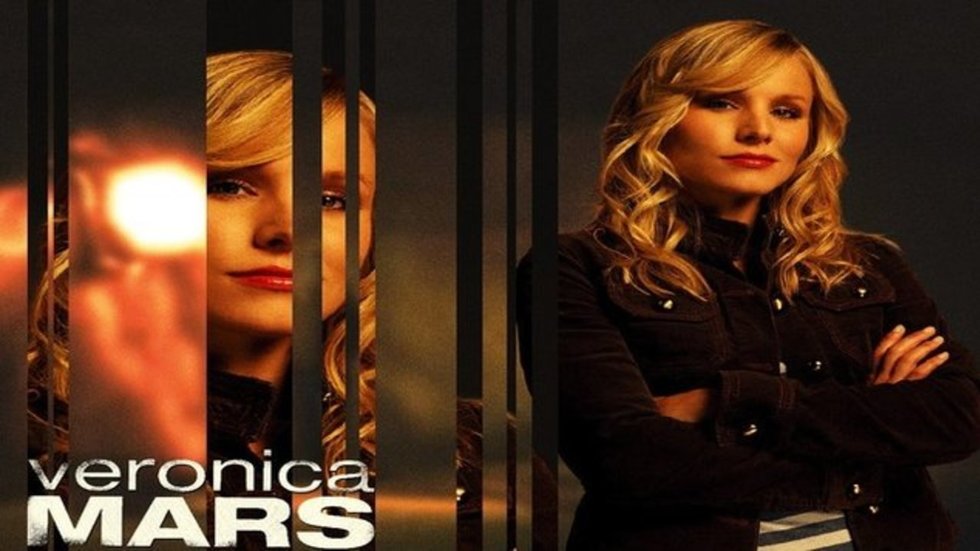
BY ZACHARY WIGON |
Racking Focus: What Filmmakers Can Learn From Watchmakers on Kickstarter
Can a filmmaker cut out enough middlemen to sell movie tickets exclusively to backers?

(Racking Focus is a new Future of Film column by Zachary Wigon that dissects film world trends and opportunities essential to the up-and-coming independent filmmaker.)
I was at a conference at the Maryland Film Festival a month ago, for which a broad array of independent film figures had gathered. When the subject of Kickstarter inevitably came up, some individuals expressed a growing concern over the possibility of high-profile projects like the Veronica Mars and Zach Braff movies crowding out the resources that might otherwise flow to lesser-known projects. One individual, however, rebutted firmly: "There's enough room for everyone on Kickstarter. Really, there is."
The common point made about the Kickstarters for projects like Mars or Braff's film is indeed that their coffers are not being filled by folks who might otherwise be contributing to, say, some avant-garde documentary about an esoteric figure. Most likely these projects are finding backing from the fans of their creators; after all, Braff has over one million Twitter followers. Much has been made of the fact that the aforementioned Kickstarters functioned significantly as pre-sales for the projects. For about $30 in each case, backers are allowed to view the completed works for free. Yes, those prices are much higher than what a movie ticket costs, but the point is that it's possible to pre-sell films over Kickstarter.
What Filmmakers Could Learn From Watchmakers
So then, might pre-selling one's little independent film via Kickstarter be a wise decision? It's certainly been a model for success in other realms - many watch companies, for example, have raised enormous amounts on the platform by pre-selling watches that are then made after the Kickstarter is finished. These watch companies limit the variables that would come with producing their products more traditionally - making X amount of watches at Y price and then taking them to market, seeing if they break even or end up in the red. With the pre-sale model, profit is guaranteed.
Perhaps a similar model could work for independent films. The terror of making an indie is investing X amount in a film that may sell for less than its budget, if it sells at all. With a pre-sale model independent filmmakers could know in advance what their revenue would be and base their budget on that figure.
The problem here, of course, is that there's no great incentive to pre-purchase an independent film on Kickstarter, since hey, you can always just buy a ticket when it comes out in theaters! The only way around this would be to declare that only those who pre-bought the film via Kickstarter can watch it when its finished - to make the film as limited edition as a watch, basically.
This is simpler - and closer at hand - than it sounds. Perhaps it's as simple as keeping the film's distribution internet-based; the filmmakers could email backers a digital copy. (Perhaps security measures might be undertaken to make sure the backer couldn't share that copy with others - the biggest hurdle.)
But there's a stronger way to make this work.
Kickstarter for Theatrical Distribution?
We already have services like Tugg and Gathr, which enable audiences to set up screenings of films they want to see at local theaters via requests. Once the movie theater receives more than X amount of requests to screen a film, the theater will screen the film. Well, money in hand is even more unassailable than stated requests, is it not? Why not have Kickstarter create a deal in which films that successfully raise money on the site are automatically set up to screen in movie theaters, with a portion of the already-secured revenue from the film's Kickstarter going to the theater? Yes, this results in less money for the filmmakers, but it also could represent a successful way for filmmakers to circumvent two of the most daunting obstacles to getting your film seen - raising financing and finding a distributor - in one neat turn.
The pre-sale model for goods seems like it's only going to gain in popularity on Kickstarter. Who's going to be the first indie filmmaker to cut an exclusive deal with the site's users, and sell tickets directly to fans? If it was successful, such a deal would mark a significant realignment of how films are financed and seen.
Previously in Racking Focus: Why the "Implosion" of Film Might Be the Best Thing to Happen to Film

